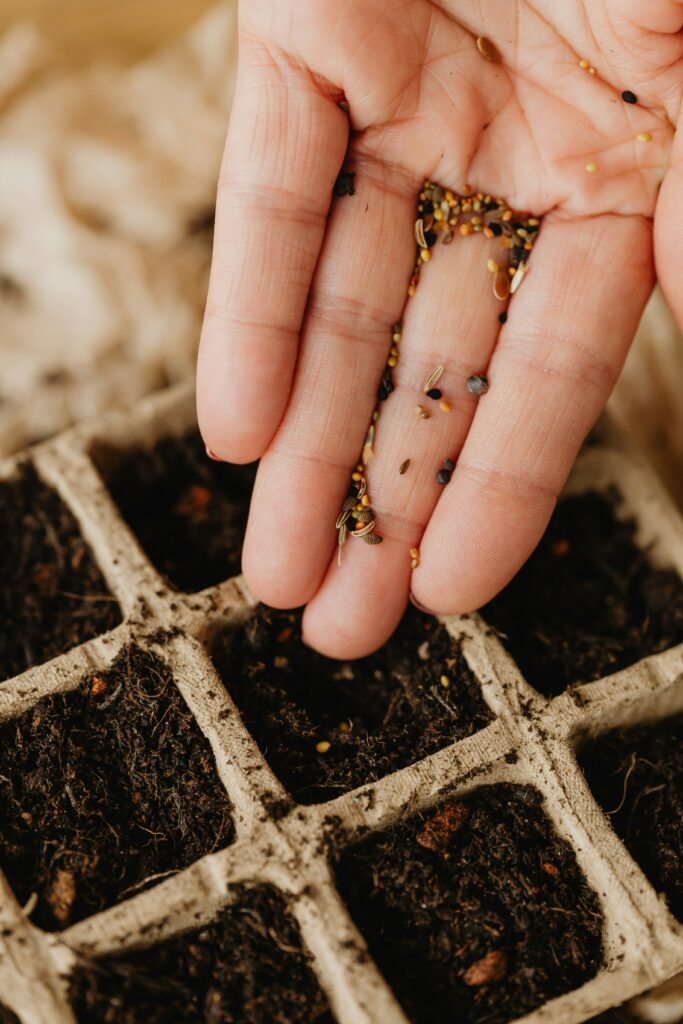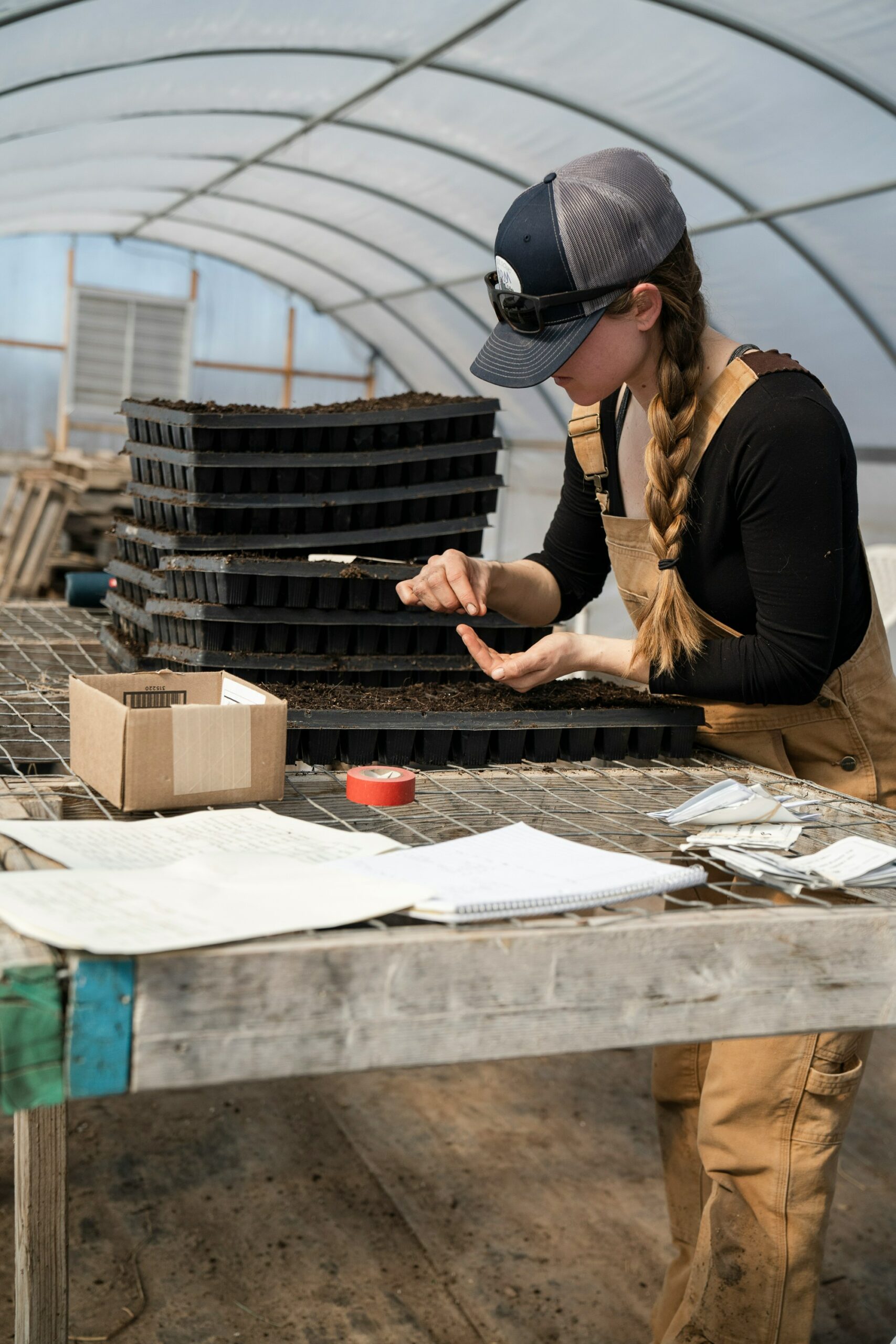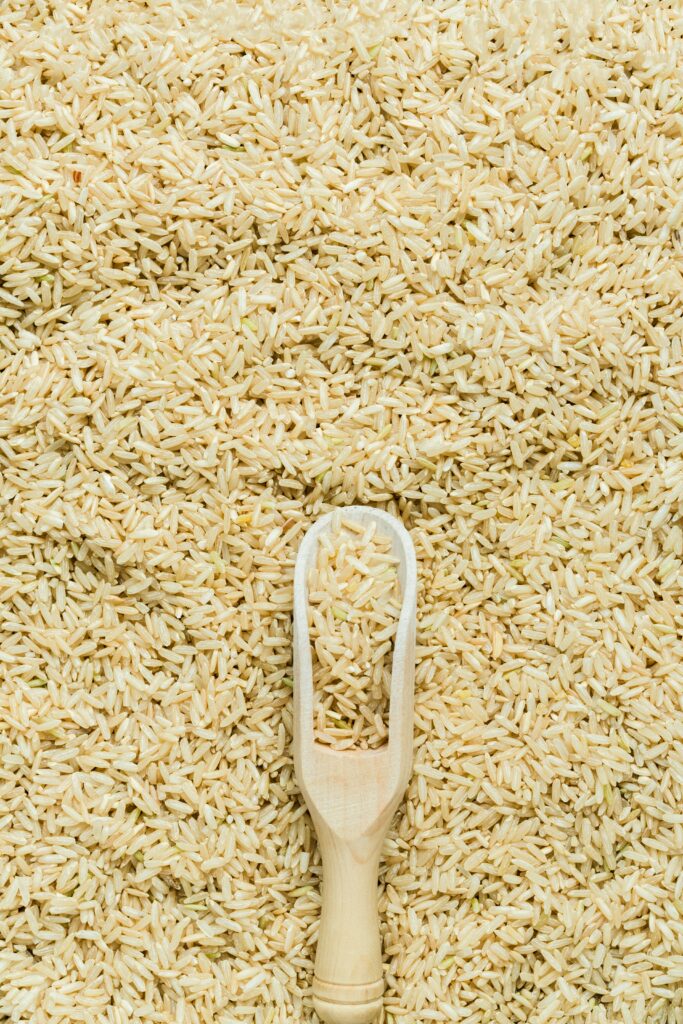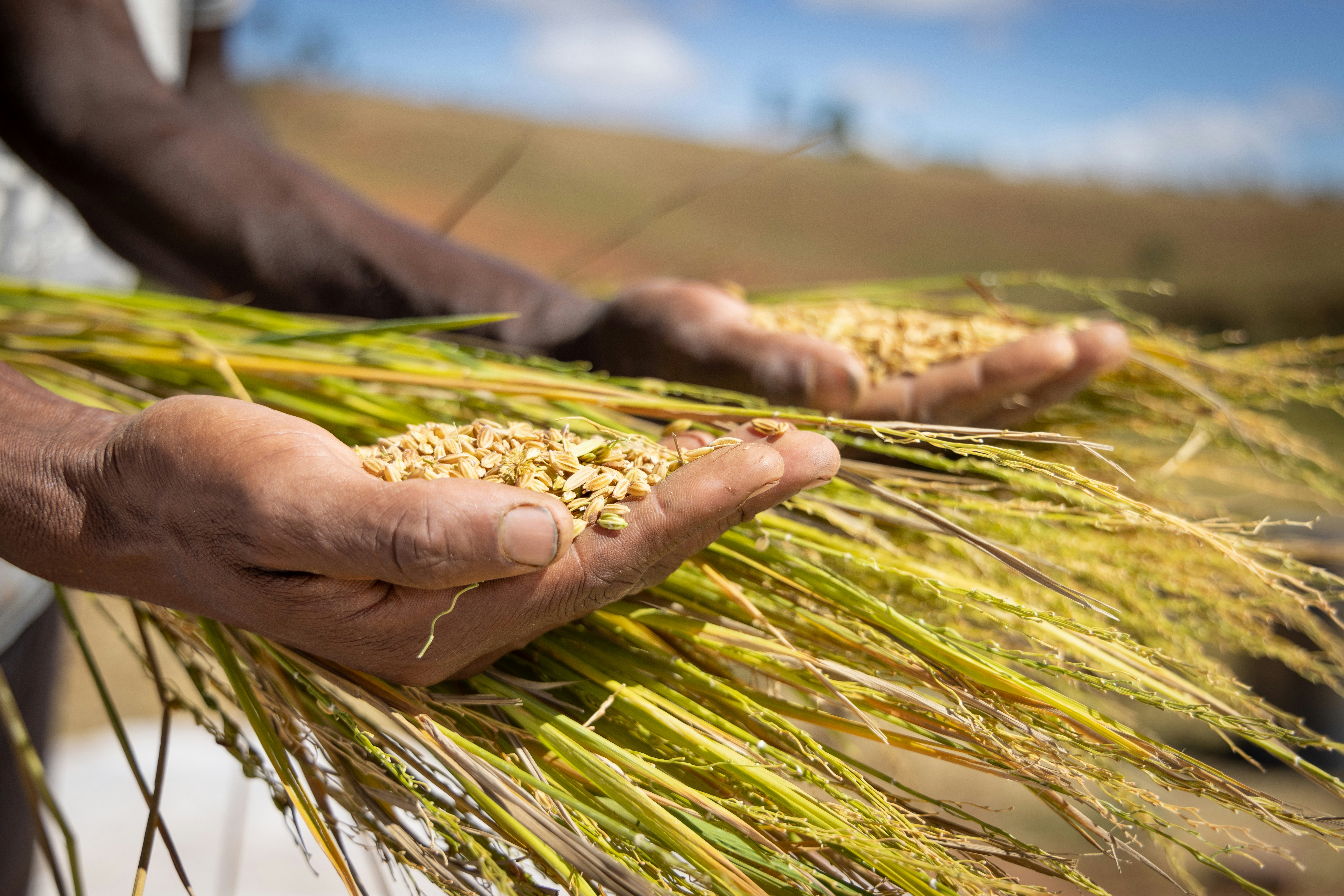Author: Sanuli Wijayasundara
Date: August 13, 2024

Area of Impact:
Atlantic Canada
Article Information and Location:
Local seeds key to help combat climate change in Canada, report says
Yvette d’Entremont, Halifax Examiner, May 27, 2024
INTRODUCTION
As climate change challenges the resilience of global agriculture, the importance of locally sourced seeds is coming into focus. Local farmers and seed growers in Canada are front and center in preserving agricultural biodiversity and developing climate-resilient seed systems. By highlighting the work of SeedChange, a non-profit organization dedicated to promoting ecological and organic farming practices, we can understand how locally adapted seeds can secure food security, reduce import dependency, and contribute to a sustainable agricultural future.

INFORMATION AND SIGNIFICANCE
In a world increasingly aware of climate change, local seed diversity is emerging as a key part of sustainable agriculture. SeedChange, a non-profit organization based in Ottawa, is leading the charge in advocating for locally grown, organic seeds. Their recent report, “Building Climate-Resilient Seed Systems in Canada,” underscores the value of these seeds in fostering food and seed security while enhancing climate resilience. By promoting seeds adapted to regional conditions, SeedChange aims to reduce reliance on global seed imports and support farmers in cultivating crops that thrive in local climates.
The article highlights the stark reality of agricultural biodiversity loss, with 75% of global diversity vanished over the past century. In Canada, most vegetable seeds are imported from abroad, which limits the options available to local farmers and undermines their ability to adapt to climate change. SeedChange’s report reveals that while the global seed market offers high volumes at competitive prices, it creates dependence on a vulnerable supply chain and contributes to greenhouse gas emissions. In contrast, regionally produced seeds are better suited for local conditions and support more sustainable farming practices.
The report also showcases inspiring examples of local seed initiatives, such as the hurricane-resilient rice developed by Nikian Gardens in Nova Scotia. These efforts address food security and demonstrate how regional seed systems can enhance agricultural resilience. However, the article notes a significant gap in public funding for organic and ecological seed development compared to conventional breeding programs. SeedChange hopes its report will encourage greater investment in local seed systems and inspire gardeners to support regional seed growers, thus fostering a more sustainable and resilient agricultural future.

CONCLUSION
In conclusion, the importance of locally adapted seeds in building a climate-resilient agricultural system cannot be overstated. SeedChange’s report highlights how these seeds support biodiversity, reduce dependency on global supply chains, and promote sustainable farming practices tailored to regional conditions. By investing in and supporting local seed growers, we can enhance food security and resilience in the face of climate change.

